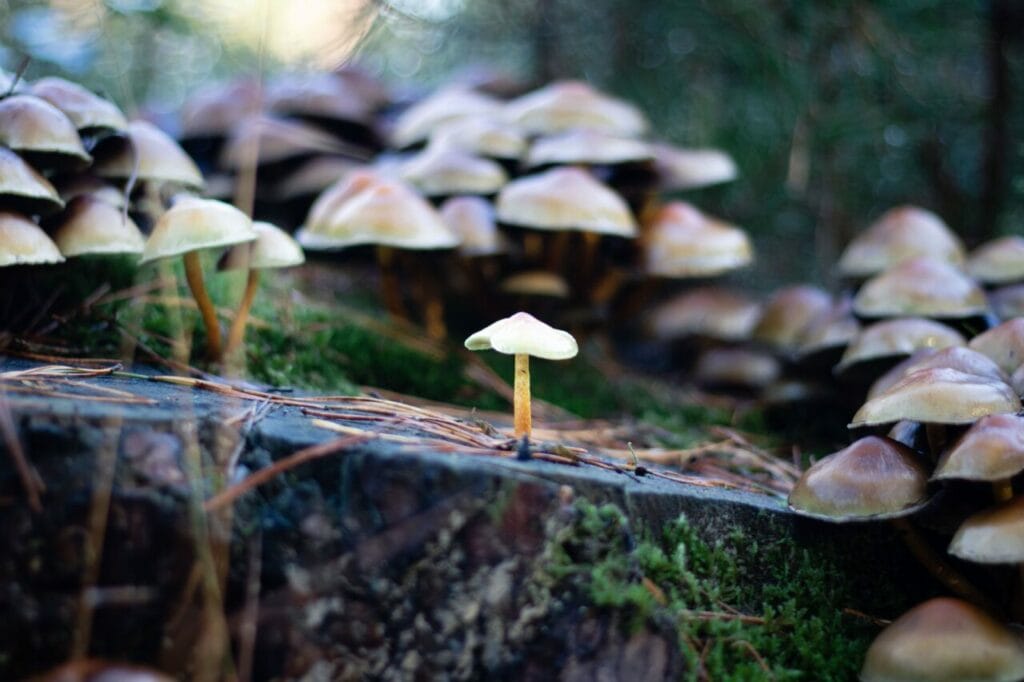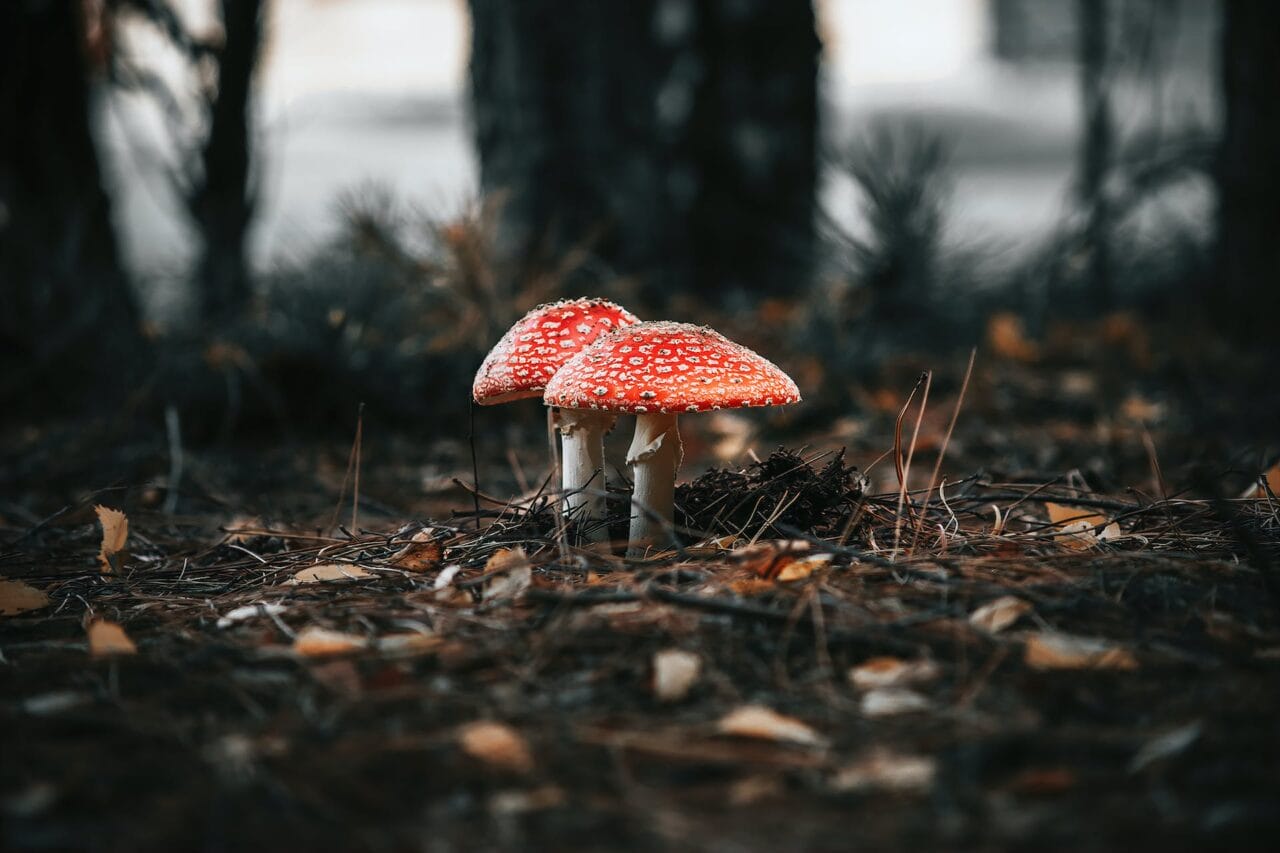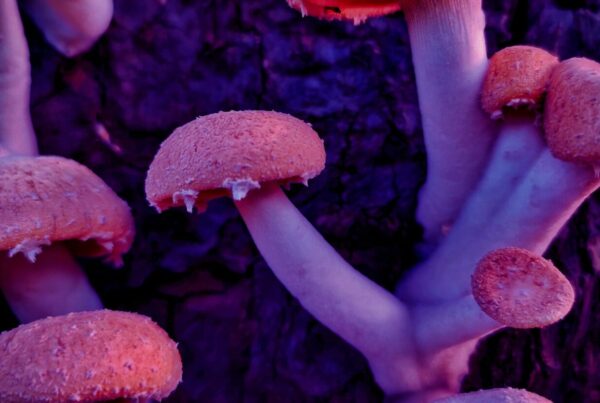The rising interest in psilocybin, driven by research into its potential benefits for mental health disorders such as anxiety and substance abuse, is being met with challenges in its accessibility. The availability of shroom delivery services and labs offering magic mushrooms is limited, and the prices can be quite high.
This article will delve into the evolution of psilocybin, its current status, and the potential advantages it presents for those seeking respite.
[toc]Highlights:
- Mushroom cultivation necessitates significant effort and careful scrutiny to avoid contamination during the inoculation phase.
- Psilocybin stimulates a psychedelic experience by interacting with various brain areas, particularly the serotonin receptors.
- Psilocybin only marginally increases the heart rate, which normalizes shortly after intake, and typically does not result in any other side effects.

Supplying Only the Finest Quality Magic Mushrooms
Magic mushrooms naturally thrive in various environments including manure-rich fields, leafy temperate forests, grasslands, and woodlands. Throughout history, people have ventured into these regions to collect these fungi for medicinal purposes or for use in spiritual and religious rituals.
Traditional Approach
The long-standing practice of mushroom foraging in these natural habitats is now less common. This shift may be due to the development of new methods such as cultivation or the possibility of buying magic mushrooms online.
Mushrooms found in the wild are often less potent than those grown in the lab, which are carefully cultivated under controlled conditions. Moreover, foraging in the wild carries the risk of accidentally picking a poisonous species.
Contemporary Approach
The process of mushroom cultivation begins with the careful nurturing of spores to maturity. This complex procedure requires a
Meticulous efforts and considerable time are invested to prevent any potential contamination during the inoculation phase. Once the mushrooms are ready for harvest, labs or cultivators usually dry them to prolong their shelf life. Fresh mushrooms have a short lifespan of several days, but dried ones can be stored for many months, even up to a year.
Manufacturers transform dried mushrooms into various forms such as microdose capsules, edibles, tinctures, and beverages. These products are then distributed across Canada through magic mushroom delivery services.
Harnessing the Advantages of Psilocybe Cubensis or Magic Mushrooms
The primary reason researchers conduct clinical trials on mushrooms is to explore their impact on mental health and mood disorders, drawing from anecdotal evidence. Numerous studies are examining these effects, from microdosing with capsules to inducing a mushroom trip with dried mushrooms or chocolate edibles.
Upon consumption, psilocybin is transformed into psilocin. This compound functions similarly to serotonin, a neurotransmitter essential for mood regulation. It interacts with several brain areas, particularly the serotonin receptors, to initiate a psychedelic journey.
Participants in psilocybin therapy often report considerable changes, not limited to enhanced senses and visual modifications. These experiences can induce a significant alteration in self-perception and a deep shift in personal outlook, often marked by profound insights.
Depression and Suicidal Thoughts
In a study published in the Journal of Psychopharmacology, researchers explored the effects of a psychedelic experience on individuals grappling with depression and suicidal thoughts. Most participants deemed their psilocybin experience as highly significant and highlighted its potential influence on their lives. Ensuring high levels of patient engagement in mental health interventions could potentially increase the effectiveness of therapy.
Safety Profile
Aside from studying psilocybin’s effects on depression and anxiety, researchers also examine this substance’s safety profile. A study in JAMA Psychiatry revealed that participants who consumed psilocybin experienced a slight increase in heart rate and blood pressure two hours post-ingestion. However, further analysis via Holter monitoring found no significant risk of cardiac arrhythmias in the psilocybin group compared to the niacin group. The study also found
No noticeable psychological distress has been observed among users.





